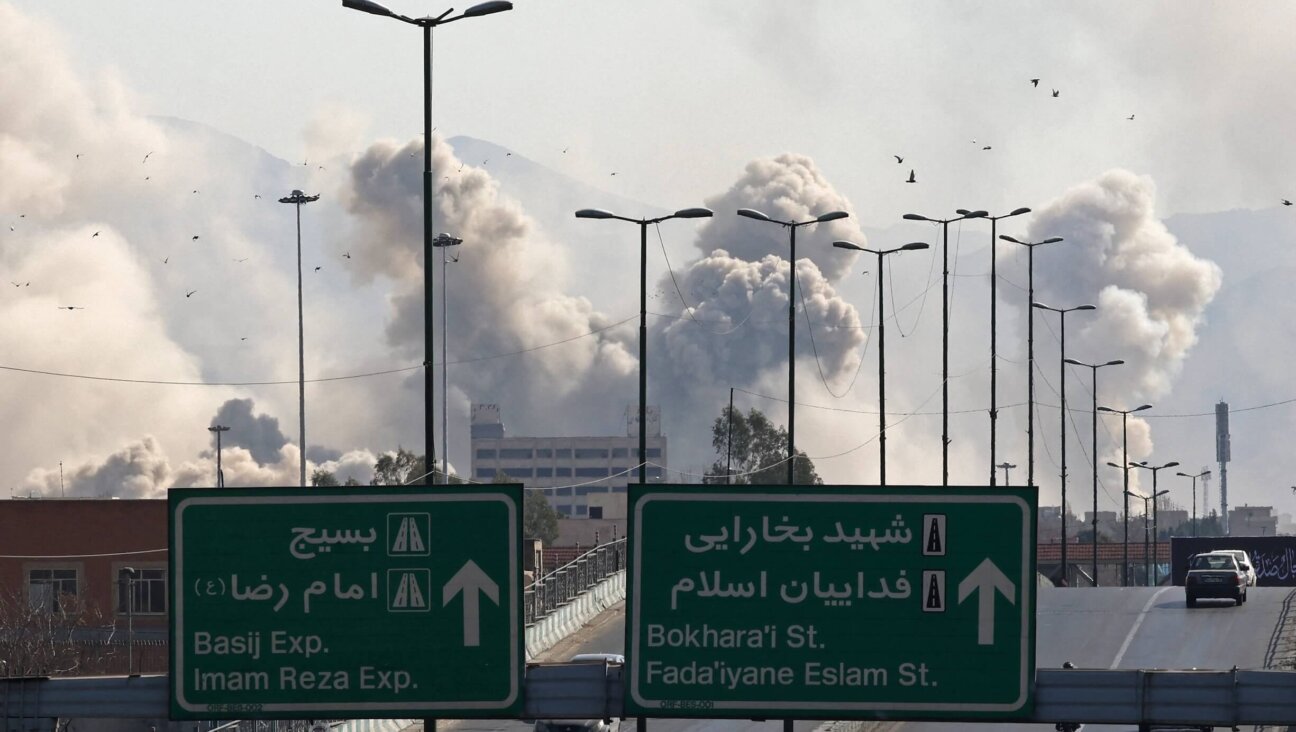What’s the Gaza ‘Game Over’ Strategy?

Image by getty images
Since Israel launched Operation Pillar of Defense on Wednesday, fighting around the Israel-Gaza border has been intense. The death toll stands at three on the Israeli side and 13 on the Palestinian side. A few minutes a rocket wounded ago three Israeli soldiers.
In the last 24 hours, 138 rockets from Gaza has struck Israel and Israel has targeted 156 sites in Gaza. Israel appears to have achieved some of its significant aims, in assassinating Hamas leader Ahmed Jabari and eliminating large stocks of Hamas’ long-range rockets which it feared could be used to retaliate deep in to Israel.
And so the question is: What does Israel want now? How long will it continue with its offensive?
Israel’s security cabinet is being vague in the information put out to journalists today. It decided “to continue vigorous action against the terrorist infrastructures operating from the Gaza Strip against the civilian population in Israel in order to bring about an improvement in the security reality and allow a normal life for the residents of the State of Israel.”
Unless the aim is to end Hamas rule in Gaza which seems highly unlikely, there’s no single moment when a light flashes in Israel announcing “Game Over” or “Misssion Complete.” The various comments of Defense Minister Ehud Barak don’t give any better insight in to what is planned. Naturally, the concern isn’t that this information isn’t being made public, but rather that it stands undecided.
After Operation Cast Lead, it was widely said that Israel didn’t know when to stop and try to calm the situation. This time around, Hamas, having been humiliated with the killing of such a high-profile leader will need to appear vengeful to its followers, and will be hesitant to stop firing. The ball is in Israel’s court, but is a firm game plan there too?














